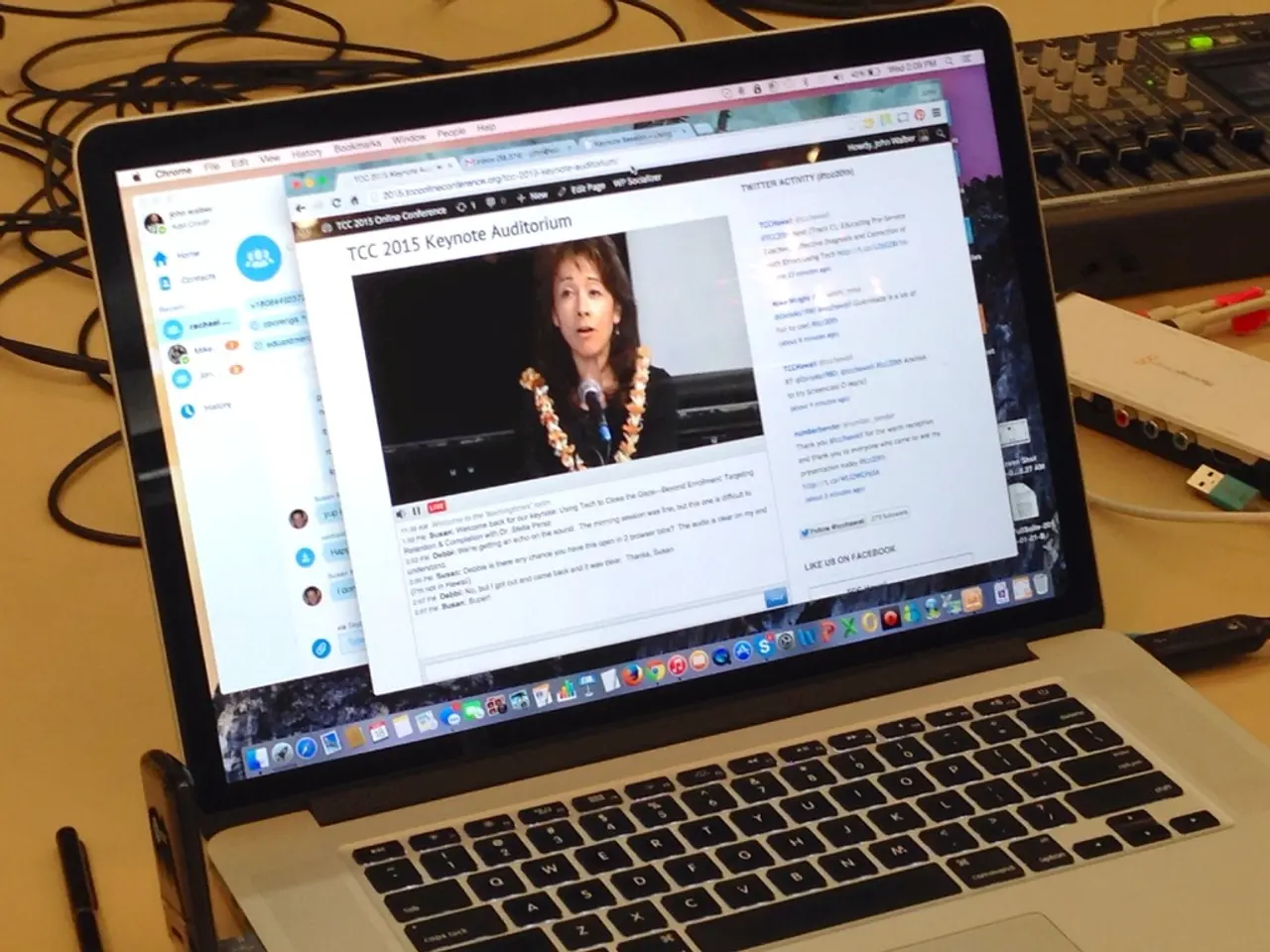South Korea's Leading Political Party Suggests Implementing Exchange-Traded Funds (ETFs) for Cryptocurrencies and Financial System Modernization
Crypto Revolution on the Horizon: South Korea's Presidential Hopefuls Unveil Ambitious Digital Asset Policy Reforms
South Korea's major political parties are shaking up the cryptocurrency landscape as they gear up for the June presidential election. The People Power Party (PPP) has proposed a wide-ranging set of crypto regulations, with the goal of reshaping the country's digital asset market and fostering a more competitive and globally-integrated ecosystem.
In a forward-thinking move, the PPP has outlined seven significant proposals, which include lifting key restrictions on banks working with crypto exchanges, establishing a legal framework for the development of tokenized assets, and supporting the introduction of spot exchange-traded funds (ETFs). With the election around the corner, these crypto-friendly policies appear to be an astute strategy to capture the attention of the burgeoning population of crypto users and investors in South Korea.
Historically known for its stringent cryptocurrency oversight, particularly in response to concerns about money laundering and speculative trading, South Korea's digital asset market is due for a transformation.
Embracing the Future: Crypto ETFs and Exchange Rules redefined
One of the most notable proposals from the PPP is the plan to lift the existing restriction that limits crypto exchanges to partnering with only one bank for real-name verified accounts. Dubbed the "one exchange, one bank" rule, this restriction has been criticized for stifling competition and limiting banking access for new or smaller crypto exchanges.
The PPP has also pledged to legalize the trading of spot crypto ETFs within South Korea before the end of the year. A key component of this is the plan to introduce a dedicated crypto policy committee, led by the PPP's presidential candidate, to oversee these initiatives and encourage responsible innovation.
A New Era for Digital Finance: Regulatory Commitments and Global Standards
The PPP's policy roadmap additionally includes plans to create a legal framework for security token offerings (STOs) and establish comprehensive guidelines for the issuance and regulation of stablecoins. The aim is to align with global standards and provide regulatory clarity for participants in the fast-evolving digital asset market.
The "Digital Asset Promotion Basic Act," a legislative proposal intended to formalize the country's long-term crypto policy, will be instrumental in facilitating these reforms. This move is in line with the PPP's goal of positioning South Korea as a digital finance leader while addressing past concerns about market manipulation and fraud.
The outcome of the June election and the subsequent implementation of these policy changes could significantly impact South Korea's stance in the global digital asset market.
Key Insights:- The proposed crypto reforms aim to bolster institutional participation and global competitiveness135- The "one exchange, one bank" rule will be abolished, promoting competition and user choice1- Regulators plan to approve spot crypto ETFs in 2025, in line with US and UK trends2- Corporate and institutional trading will be legalized in phases, with access for 3,500 institutions (including 2,500 listed companies) by late 20251- Additional reforms aim to support tokenized asset development, enhance AML/CFT measures, and upgrade market infrastructure for institutional-scale trading1
- The People Power Party (PPP) in South Korea is planning to lift key restrictions on crypto exchanges partnering with banks, an endeavor aimed at bolstering competition and fostering a more integrated global ecosystem.
- The PPP's proposed reforms also include the legalization of the trading of spot crypto ETFs within South Korea before the year's end, which is a move that aligns with the trends observed in the US and UK.
- Yoon, the PPP's presidential candidate, is set to lead a dedicated crypto policy committee that will oversee the introduction of spot crypto ETFs and the redefining of exchange rules.
- In a bid to position South Korea as a digital finance leader, the PPP has unveiled ambitious plans to create a legal framework for security token offerings (STOs) and establish comprehensive guidelines for stablecoin issuance.
- With the election approaching, the PPP's crypto-friendly policies seem to be a strategic attempt to capture the attention of the flourishing population of crypto users and investors in South Korea, potentially impacting the country's standing in the global digital asset market.









